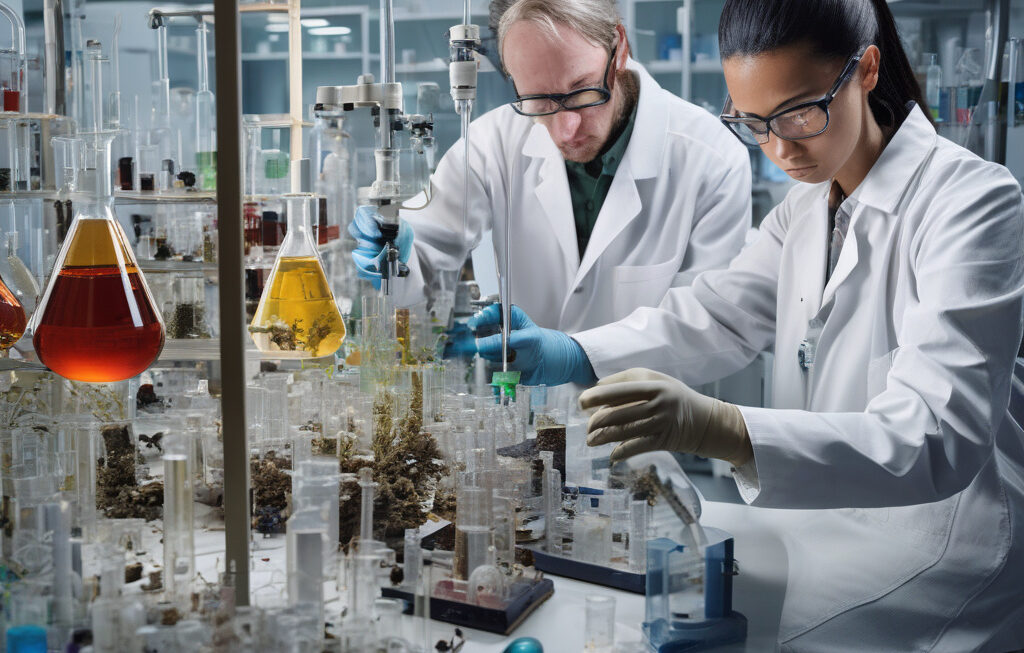World’s Most Accurate Artificial Tongue Mimics Human Taste Using Graphene and AI
Scientists have built a graphene-based device that can taste with near-human accuracy in a breakthrough that could revolutionize the food and beverage industry. This artificial tongue, equipped with artificial intelligence (AI), has the potential to detect flavors more accurately than existing taste sensors on the market.
Graphene, a super-thin material composed of a single layer of carbon atoms, is known for its exceptional strength and conductivity. By leveraging these properties, scientists have developed a sensor that can detect the unique chemical signatures of different taste compounds. When a liquid comes into contact with the sensor, it produces a specific electrical signal that is then analyzed by an AI algorithm. This process closely mimics the way human taste buds work, enabling the device to identify various flavors with impressive precision.
One of the key advantages of this graphene-based artificial tongue is its ability to distinguish between subtle differences in taste. For example, it can differentiate between different types of sweeteners or detect the presence of impurities in a liquid sample. This level of sensitivity is crucial for applications in quality control, food safety, and product development, where even the smallest variations in taste can have a significant impact on the final product.
In addition to its high level of accuracy, the artificial tongue is also incredibly versatile. It can be programmed to recognize a wide range of flavors, making it suitable for use in diverse industries, including food and beverage, pharmaceuticals, and environmental monitoring. For instance, it could be used to identify counterfeit alcohol or assess the quality of agricultural products by analyzing their taste profiles.
The integration of AI further enhances the capabilities of this groundbreaking technology. By continuously learning from its experiences, the artificial tongue can improve its accuracy over time and adapt to new taste profiles. This adaptive learning process enables the device to stay ahead of evolving trends and preferences in the market, making it a valuable tool for businesses looking to innovate and stay competitive.
The potential applications of this technology are vast and far-reaching. In the food and beverage industry, for example, the artificial tongue could revolutionize product development by providing real-time feedback on flavor profiles and helping companies create new and exciting taste experiences for consumers. Similarly, in healthcare, it could be used to detect biomarkers in bodily fluids or monitor patients’ dietary intake, offering a non-invasive and cost-effective alternative to traditional diagnostic methods.
Overall, the development of the world’s most accurate artificial tongue represents a significant milestone in the field of sensory technology. By combining the unique properties of graphene with the power of artificial intelligence, scientists have created a device that not only rivals but surpasses the capabilities of the human palate. As this technology continues to evolve, we can expect to see new and innovative applications that have the potential to transform industries and improve our quality of life.
artificial tongue, graphene, AI, taste sensors, sensory technology











